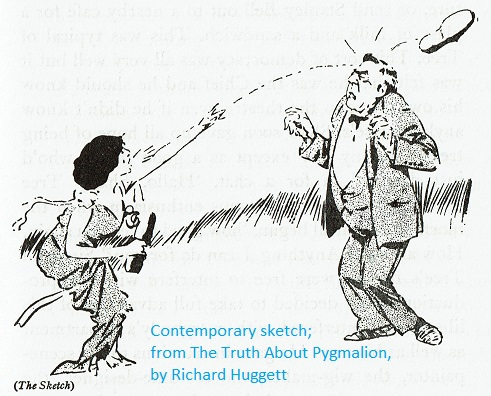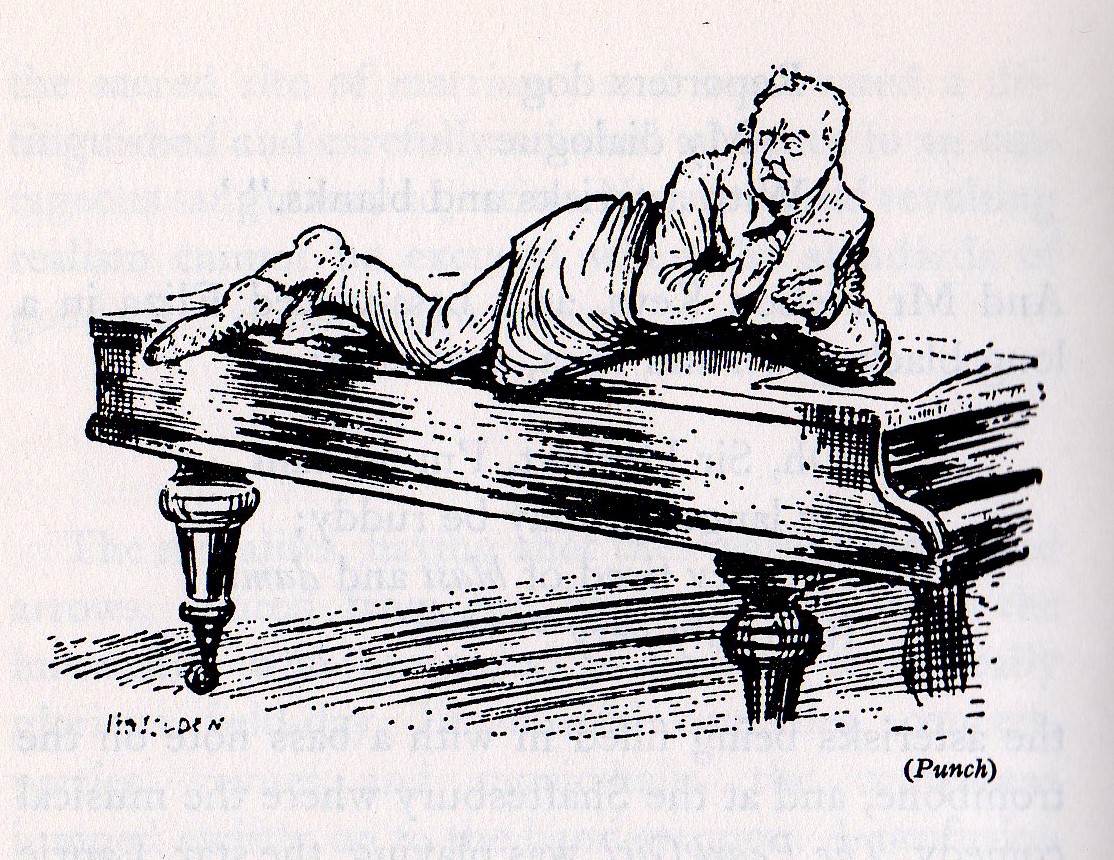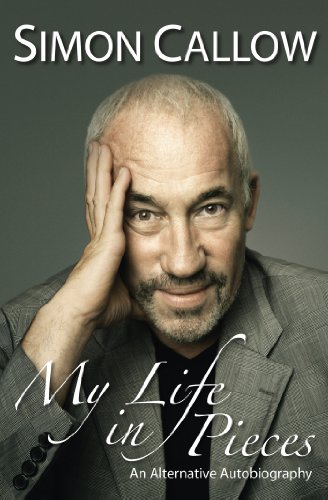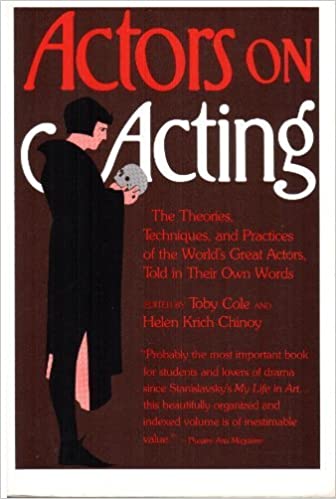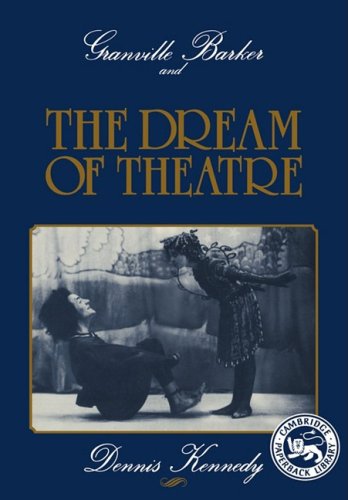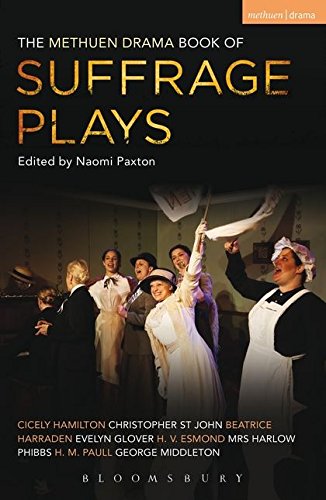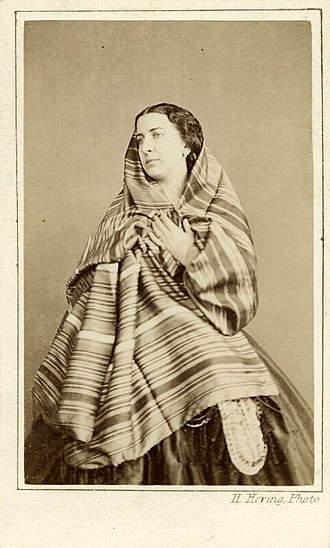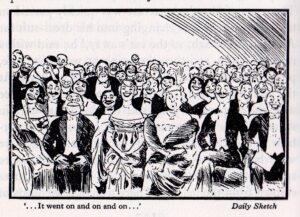The first real person to appear in a novel of mine was Noel Coward. He wasn’t planned, or strictly speaking invited, he just appeared at a party given by my protagonist Claudia’s daughter and her husband in The Awakening of Claudia Faraday. He and Claudia formed a warm relationship and she even gave him the title for his first play, The Vortex, and the idea for his film Brief Encounter. (Both these events needless to say were fictional.)
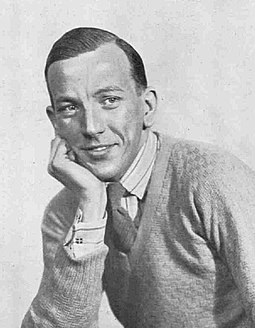
In my second novel The Purpose of Prudence de Ville Prue found herself working as the actress Mrs Patrick Campbell’s dresser and confidante, until she was sacked. She went on to hobnob with the likes of Mrs Millicent Fawcett, founder of the suffragist movement, Lady Ottoline Morrell, the well-known socialite, and through Mrs Morrell, members of the Bloomsbury Group such as John Maynard Keynes – to whom she was briefly engaged. (That too was fictional.)
Violet in The Makings of Violet Frogg worked for the actor-manager Herbert Beerbohm Tree, who built Her Majesty’s Theatre and founded RADA – then ADA – in the Dome. She also rubbed shoulders with Bernard Shaw and attended suffragette meetings presided over by Emmeline Pankhurst and her daughter Cristobel, the latter of whom also makes a guest appearance in my novel-in-progress The Humbling of Meredith Martin, as does the theatre director Harley Granville Barker and the actress Edith Wynne Matthison.
Other celebrities also appear in my books under thin disguises: Claudia Faraday is Clarissa Dalloway, from Virginia Woolf’s novel, her gardener Sellers is a reference to Lady Chatterley’s Mellors. Mrs Morphett in my third novel Mrs Morphett’s Macaroons, first name Phillicent, is a Spooner version of Millicent Fawcett.
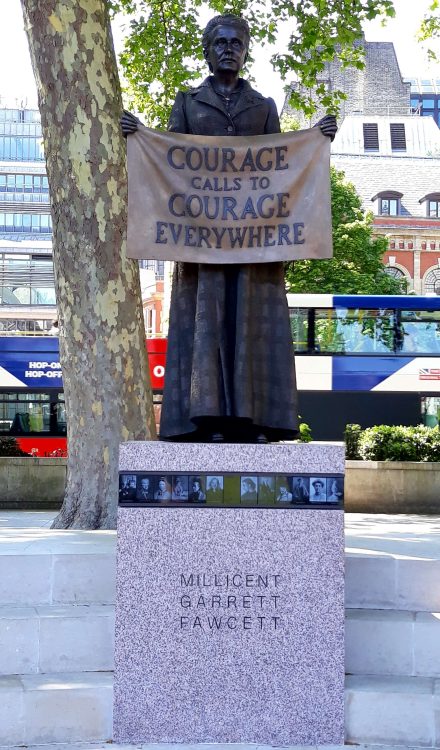
Am I breaking any rules here? I hope not. I went to a lot of effort to research these people and they are represented in my books as accurately as I could make them. In this I believe I am breaking fewer rules than writers who write biopics that knowingly distort the facts. (I could name some but I won’t.)
Featuring real people is not just fun, they add substance and context to a book that is set in the past. Anyone who is familiar with Coward or Mrs Pat or Tree or Barker will I hope recognise this and appreciate that by featuring them in my made-up stories I am in a sense acting as their publicist, with the best motives.
Coward had an uncanny understanding of older women, so it makes sense that this might have come from his meeting with Claudia Faraday. Mrs Patrick Campbell overcame huge odds and the almost permanent absence of a husband whose name she used even after his death, to become one of the West End’s most celebrated actresses, and by portraying her through the doting Prudence’s eyes I have tried to convey some of the hardships she underwent.
John Maynard Keynes was happily bisexual before he became happily married, though not to Prudence of course, so why shouldn’t he have enjoyed an eleventh hour flirtation with her? Herbert Tree was a genial genius, a philanderer, unfaithful to his wife yet loyal to everyone else and seemingly loved by everyone, including his wife. So why shouldn’t he invite young and green Violet to lunch and flirt with her? (That’s all he did.)
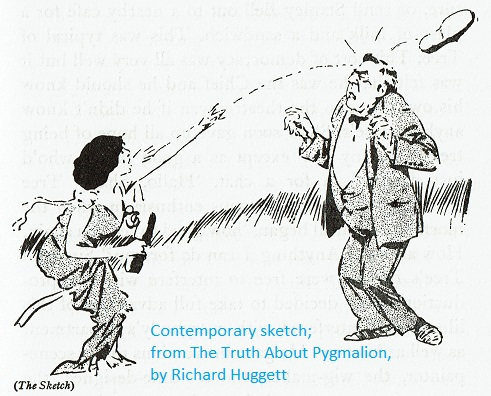
Millicent Fawcett was a well-bred woman who stayed true to her belief that women’s suffrage could be achieved through peaceful means, and Harley Granville Barker, actor, writer and manager of the Court Theatre (now the Royal Court) was in his unassuming way instrumental in revolutionising theatre in the early twentieth century and introducing the notion of the theatre director.
So if nothing else, by including these luminaries in my books I hope I am introducing the readers to fascinating characters they might not otherwise have been aware of. Call it homage from an ordinary writer to extraordinary personalities, call it the writer’s aid, they are portrayed as authentically as possible (within the bounds of fiction), and with great respect, admiration and a lot of affection.
© Patsy Trench

